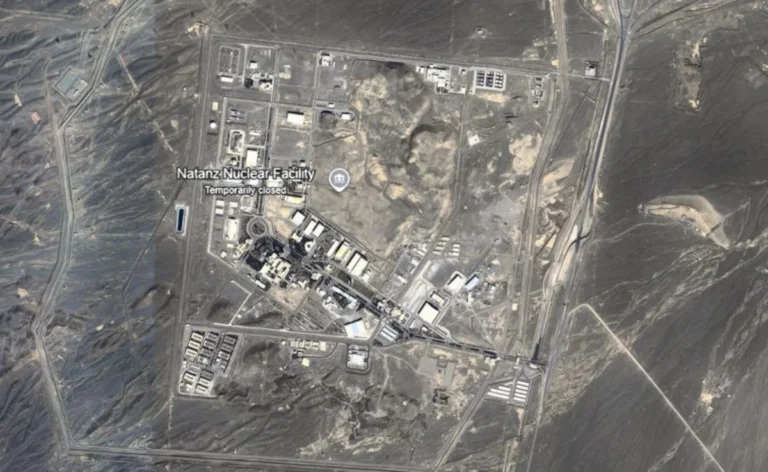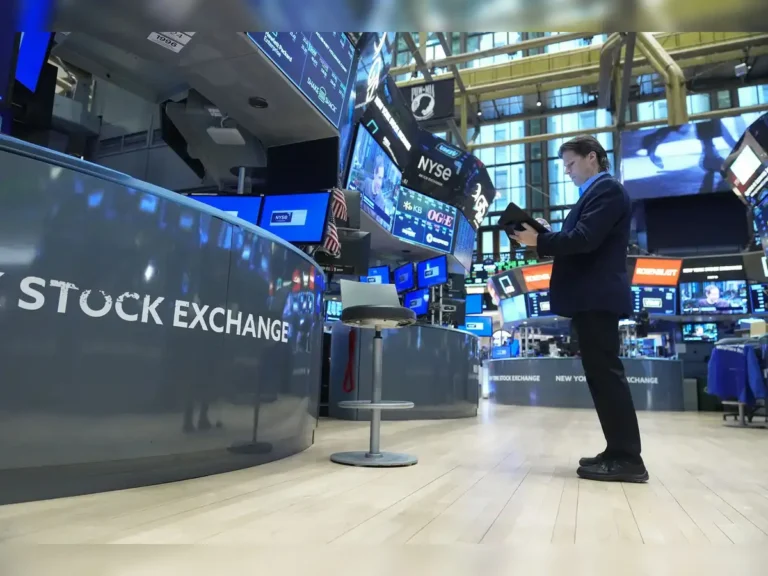
On June 3, 2025, the Dutch government collapsed following the withdrawal of the far-right Party for Freedom (PVV), led by Geert Wilders, from the ruling coalition. This decision was primarily driven by disagreements over immigration policy.
The coalition, formed in July 2024, comprised the PVV, the conservative-liberal People’s Party for Freedom and Democracy (VVD), the centrist New Social Contract (NSC), and the agrarian Farmer-Citizen Movement (BBB). Wilders had been advocating for stringent immigration measures, including the suspension of asylum claims and the closure of asylum centers. However, these proposals faced resistance from coalition partners, who were concerned about their legality under European Union laws and potential violations of Dutch constitutional principles.
Prime Minister Dick Schoof, a technocrat appointed to lead the coalition, resigned in response to the PVV’s departure. The government now functions in a caretaker capacity, with limited powers, until new elections can be organized. These elections are anticipated to occur in the autumn, following the parliamentary recess and necessary campaigning period.
The collapse of the government has significant implications, especially with the upcoming NATO summit scheduled in The Hague later this month. Despite the political turmoil, the caretaker government has pledged to maintain its commitments, including support for Ukraine and participation in international defense discussions.
This development underscores the challenges of coalition governance in the Netherlands’ proportional representation system, particularly when accommodating parties with divergent policy priorities. The forthcoming elections will be pivotal in determining the country’s political direction and its approach to contentious issues such as immigration and national security.

Far-Right Leader Pulls the Pin
Geert Wilders, leader of the populist Freedom Party (PVV), stunned his coalition partners and the public by declaring that all PVV ministers would step down. His statement came shortly after an emergency meeting with leaders of the four-party alliance, which had been struggling to maintain cohesion since taking power in July last year.
“No signature under our asylum plans. The PVV leaves the coalition,” Wilders posted on X, referring to his hard-line demands on immigration.
Below is the X post (in Dutch):
These demands included a total ban on asylum seekers, the use of the military to secure borders, forced repatriation of Syrian refugees, and the closure of refugee shelters. Several of his proposals are believed to contravene European human rights laws.
“I signed up for the toughest asylum policy, not the downfall of the Netherlands,” Wilders later told reporters.
The far-right leader’s sudden exit has not only brought down the government but also delayed a key decision on increased defence spending — a priority ahead of an upcoming NATO summit in The Hague.
Reactions from Coalition Partners
Other parties in the now-defunct coalition — including the liberal-conservative VVD, the centrist NSC, and the populist Farmer-Citizen Movement (BBB) — responded with shock and anger.
Dilan Yeşilgöz, leader of the VVD and a former justice minister, criticised Wilders for placing personal ambition above national interest.
“There’s a war on our continent, and an economic crisis may be coming our way. People are struggling to pay their bills,” she said. “We had a right-wing majority that could have delivered real results, and he’s thrown it all away — for his own ego.”
She called the move “super-irresponsible,” a sentiment echoed by other leaders, including Nicolien van Vroonhoven of the NSC and Caroline van der Plas of the BBB, who accused Wilders of putting himself above the country.

Dilan Yeşilgöz, leader of the VVD [Remko de Waal/Getty Images]
A Short-Lived Coalition
The Dutch government formed in mid-2024 was never on stable ground. It took nearly six months of negotiations to bring together a coalition that included Wilders’ PVV — the largest party in parliament after its shock election win in November 2023 — and three other right-leaning groups.
Yet, Wilders himself never took a ministerial post or the prime ministership. Instead, the cabinet was headed by independent bureaucrat Dick Schoof, a former intelligence chief selected as a compromise candidate.
The coalition was riddled with internal disputes, particularly over immigration. Wilders’ controversial 10-point plan included suspending EU asylum quotas, banning family reunification for refugees, and expelling migrant criminals — policies his partners could not support.
Opposition Seeks Stability
As the Dutch government collapses, opposition parties are calling for early elections. Frans Timmermans, leader of the Labour/Green alliance, said snap polls were now the only logical path forward.
“It’s an opportunity for all democratic parties to rid ourselves of the extremes. With the extremes, you simply cannot govern,” he said.
Polls suggest that support for Wilders’ PVV has dropped since the last election. From a high of 23 per cent, the party is now polling closer to 20 per cent, roughly on par with the Labour/Green alliance.
Rob Jetten, leader of the centrist D66 party, said the government had been paralysed for months due to constant “rows and crises,” adding, “If it hadn’t happened today, it would have happened sometime soon.”





